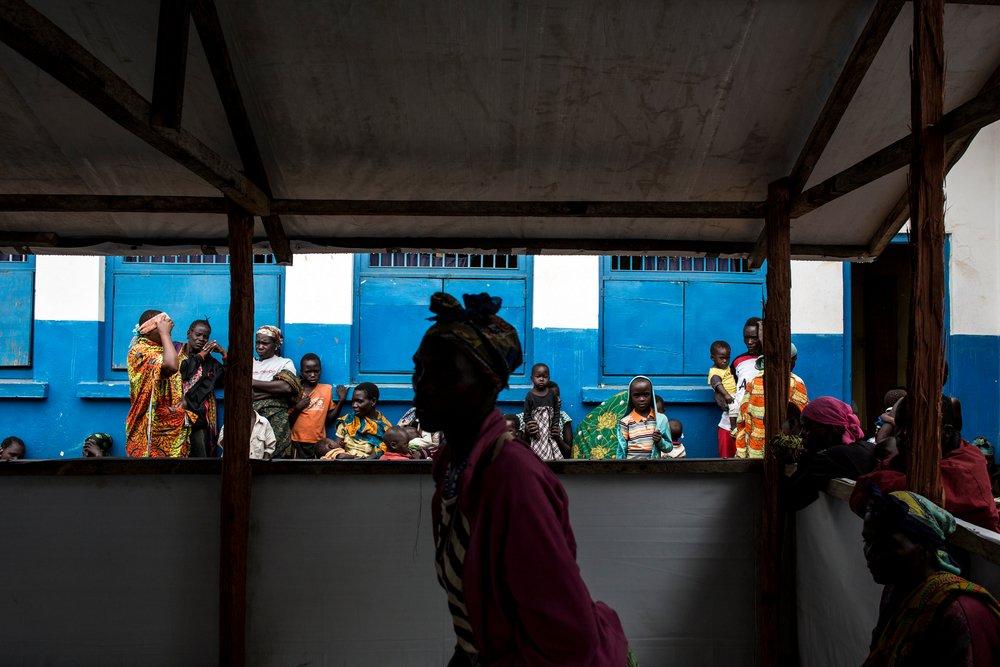The team in Walikale, DRC have seen first-hand the devastating impact of sexual violence and unsafe abortion can have on their patients. Together they're ensuring that the services MSF offers can help. Midwife Claire reflects.
A month ago, I attended a training on Sexual and Gender-Based Violence. Yesterday, I completed a workshop on offering terminations of pregnancy on demand in MSF projects.
I left reflecting on how inspiring I find MSF’s commitment to providing comprehensive health care in low-resource settings, even as that care demands heavy emotional labour on the part of our team.
After four months as the supervisor of reproductive health care activities in Walikale, DRC, I have heard the stories of many of our patients who have experienced trauma and sexual violence.
"The man held the young girl captive for over a day"
Walikale is not an area of active conflict like many other cities in the province. Sexual violence is so heavily associated with the armed conflict in North Kivu that the relative peace in our community has led a few voices to claim that sexual violence is not a problem here.The patients at Tumaini, our clinic for reproductive and mental health care services, will tell you otherwise.
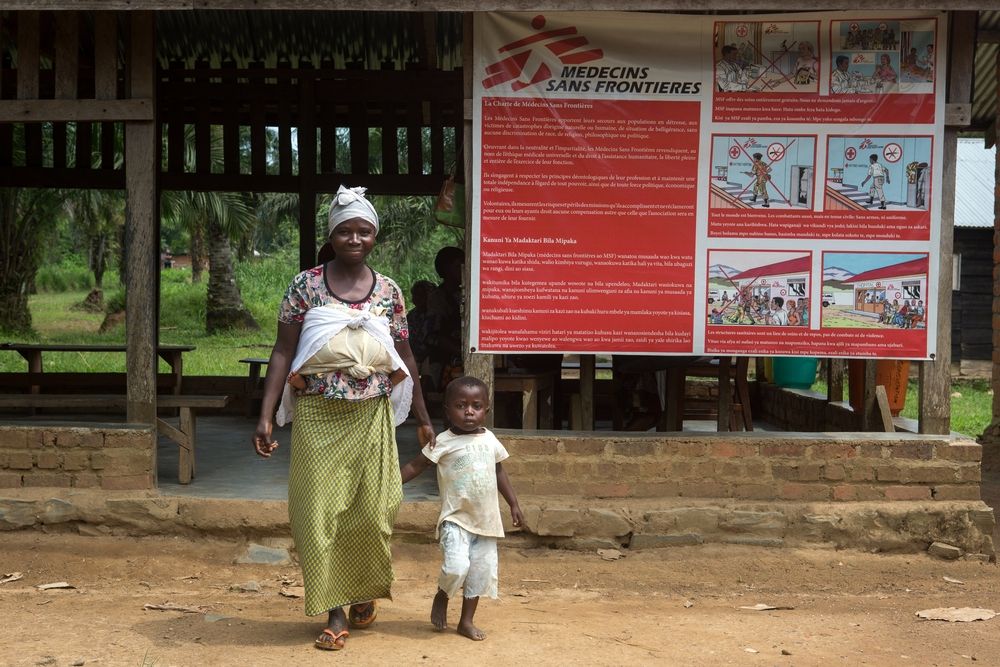
One young girl around 13 years old went into the fields with her mother and was approached by an old man carrying a weapon who told her mother to go back to the village. When the mother protested, he threatened her until she left. The man then held the young girl captive for over a day.
She was able to escape when the man went to look for food for them. By that point her mother had already notified the community, they were looking for her, and she was given care promptly. That is not the case for many women.
High risks
I met another woman whose husband had forced her to remove her contraceptive implant. The woman had the implant placed after her fifth child and second high-risk c-section. Initially, her husband was supportive, but after three years he decided he wanted more children.
"When I am quiet and just listen to our Congolese staff and patients, I am consistently amazed by the stories I hear."
The woman stated clearly that she did not want any more children, but her family was abusing her for her failure to continue to reproduce. Her husband had also begun to have children with other women.
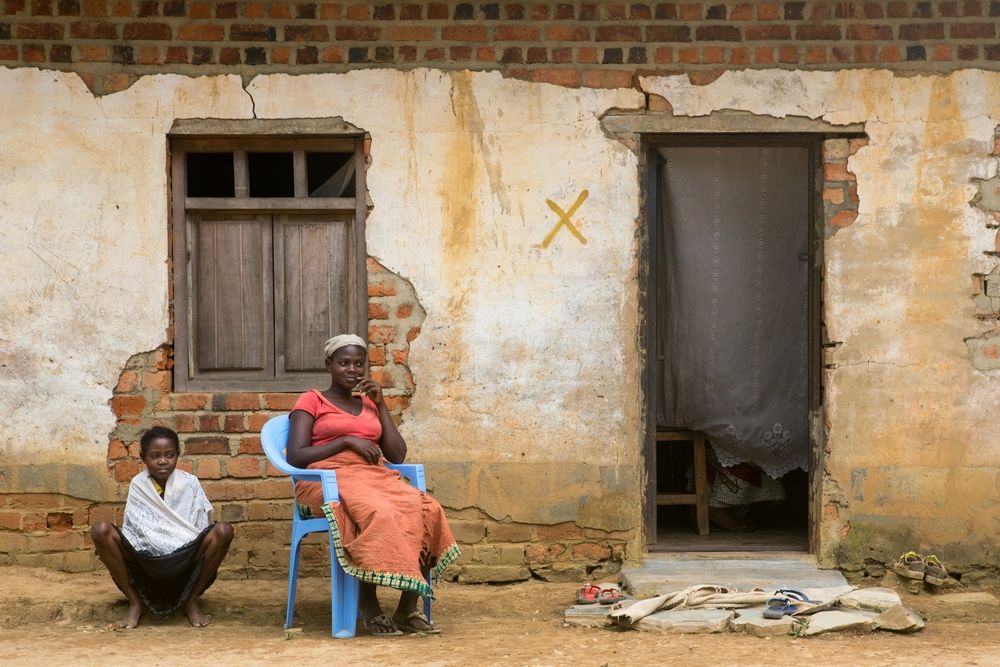
Body and mind
These cases have not only psychological but physical impacts. Sexual violence can expose women to infections, HIV, and undesired pregnancies. All of these things are preventable if the survivor receives care within three days after the event. Even after the initial three days, we are here to provide medical treatment and support.
For the girl in the first case, we were able to give her emergency contraception, prophylaxis from HIV infection, antibiotics to prevent gonorrhoea, chlamydia and syphilis, as well as manage her pain and link her with our mental health team.
We also gave her vaccines to protect her from hepatitis B and tetanus. We hope that she will follow up in one week, one month and three months to continue her medical care.
Sexual violence at home
The case of the second woman opened a conversation with our staff about the ramifications of intimate partner violence. The midwife at the health center told me she thought the woman’s needs were primarily with our mental health team.
This patient was certainly in need of counselling, but her familial situation was also exposing her to many of the same medical problems that women face after other types of sexual violence.
She had symptoms of STDs that her husband refused to be treated for and she was still at risk for an undesired pregnancy. Just as in the first case, we treated her pain and her risk for infection.
We tested her for HIV and syphilis and offered her birth control. When she declined contraception, we let her know our facility was always ready to provide her with emergency contraception if she needed it. Given that this patient was not planning to leave her husband, we let her know we were also there to provide regular STD testing and mental health care as well.
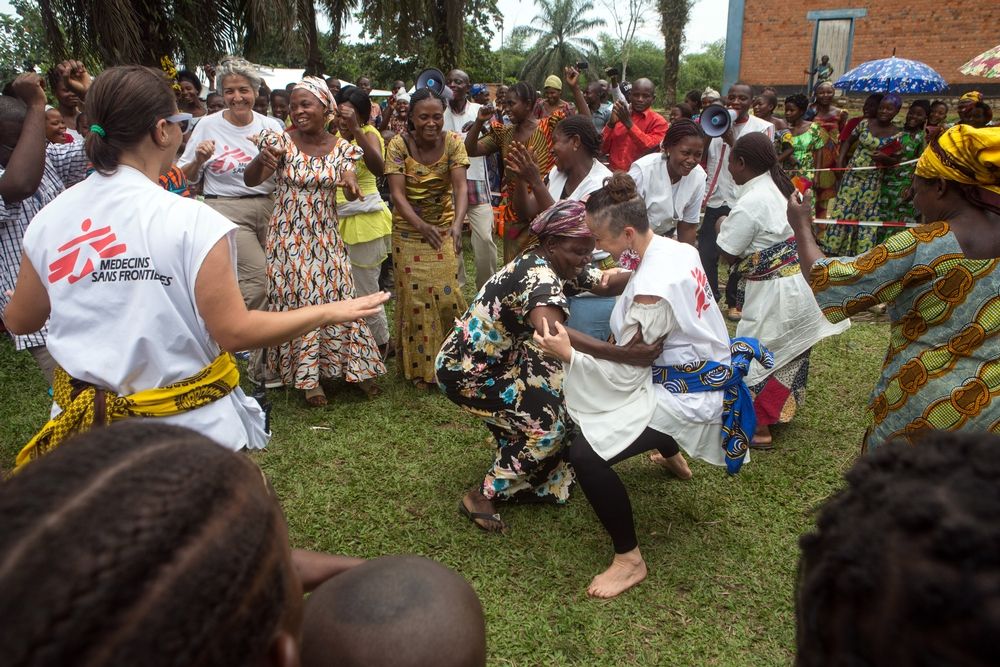
Doing more
When I am quiet and just listen to our Congolese staff and patients, I am consistently amazed by the stories I hear. The needs are present and clear. After the training on sexual and gender-based violence, my project is placing a heavier emphasis on activities that meet the needs of survivors and people who are at risk of this kind of violence.
"When talking about abortion, I am struck by how similar conversations here are to the conversations back home in the US."
We provide private, confidential spaces for survivors to receive both physical and mental health care and are working to increase awareness of all types of sexual violence in the community, especially sexual violence committed against men.
Ten of us from the Walikale project attended the training, and it was most of our first experiences with training on the subject. One of the other attendees told me multiple times how glad he was to be there.
It will be an inter-departmental effort to better meet our community’s needs, involving our reproductive health, mental health, health promotion, and outreach teams. It is so exciting to engage in this care with the motivated team we have in Walikale.
EVA
In conversations about sexual violence, we talk a lot about the prevention of undesired pregnancies. I am incredibly proud to be working for an organization that takes all aspects of reproductive health care, including abortion care, seriously.
At the end of April, I returned to Goma, the capital of the North Kivu province, to participate in a workshop run by some other MSF colleagues. The aim of the workshop was an Evaluation of Values and Attitudes around the termination of pregnancy.
"An estimated 30% of maternal deaths in the DRC are due to unsafe abortions."
Following the “EVA,” I participated in conversations with a taskforce from our headquarters in Amsterdam and the other MSF projects in both North and South Kivu about abortion care. Like the Sexual and Gender-Based Violence training, I was one of a few international staff members participating in a group of predominantly Congolese MSF staff. I was struck by how similar conversations here are to the conversations back home in the US.
First-hand experience
Safe abortion care in the DRC has recently become more accessible in specific circumstances, namely rape, incest, or threats to the mental or physical health of the mother.
This change has come into place since the DRC signed onto the Maputo Protocol, a document that aims to guarantee rights to women across the African Union. Despite the increase in access, abortion remains highly stigmatized.
I heard the same arguments against abortion that I have heard so many times before in the US, including that life beginning at conception, and that women should “take responsibility for their actions”.
There was a wide range of acceptance for this care from project to project, which also reminded me of local differences across the US. There was one striking difference: Here, those speaking in favour of offering safe, medicalized abortions have almost all seen first-hand the negative impact of unsafe abortions.
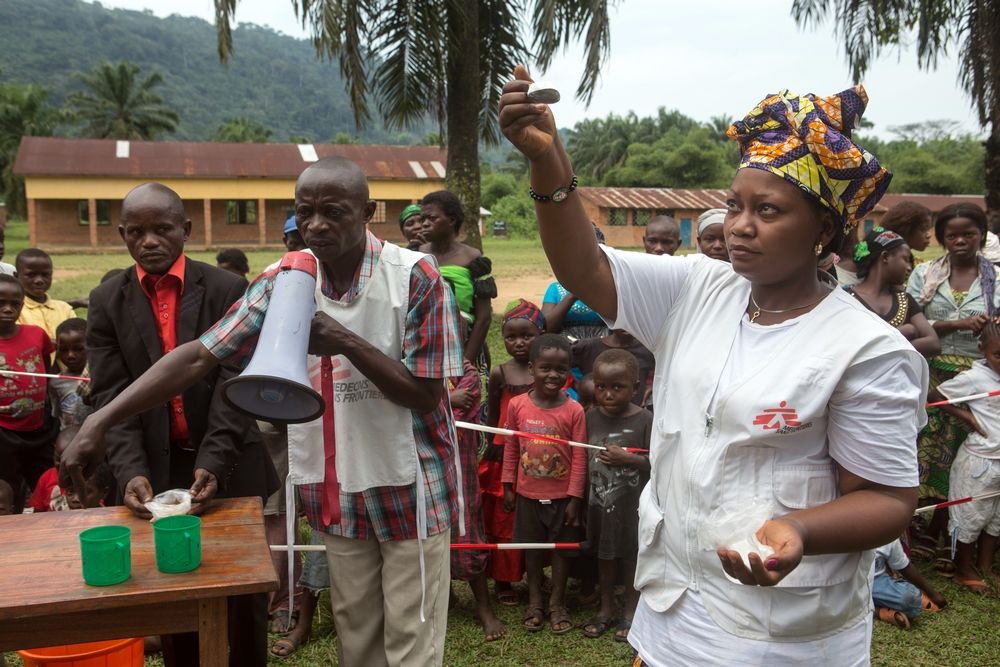
Testimony
Several of our Congolese medical providers provided testimony on behalf of patients who were denied medical terminations of pregnancy only to return for care days later with severe complications from unsafe abortions.
"I am proud of the fact that we are offering this service to women."
An estimated 30% of maternal deaths in the DRC are due to unsafe abortions. There is an urgency in providing this simple and safe medical care here that I had not previously experienced. Women die when we don’t.
Prior to attending the workshop, I was afraid I would feel as if I was imposing my values on my Congolese colleagues through my participation. I ended up not saying much at all because every argument I could have made was expressed in a more eloquent way by the other attendees.
Simple and safe
Honestly, providing abortion care can be incredibly sad. It makes me sad that it’s a decision women have to make and it can be difficult to leave my personal biases and judgement aside. However, I am proud of the fact that we are offering this service to women.
I am also proud of the way in which we provide this care because we offer mental health services and contraception care alongside termination of pregnancy.We do not engage in health promotion activities around termination of pregnancy, so we are truly just responding to our patients’ requests for a simple and safe intervention. At the end of the day, I am not capable of deciding for someone else what is right for them or their families, but I can provide them with good medical care.
Emotionally heavy work
Based on this blog, you may think I spend all my time working on these two issues. Don’t worry, maternity and neonatology care are still a huge part of my job. I spend time on our labour and delivery unit 4-5 days a week.
That being said, integrating sexual and gender-based violence and termination of pregnancy into the comprehensive reproductive health care package we offer in the Walikale project has been a labour of love for me.
The midwives I supervise have grown so much thanks to their training in this care. These subjects are often neglected by midwives busy caring for women in other ways, but they make such a huge difference to our patients.
It means “hope”
While it is emotionally heavy work, it is incredibly rewarding to facilitate such holistic care in a low-resource context. We named our clinic for confidential reproductive healthcare and mental health care services "Tumaini", which means “hope” in Swahili. It certainly provides hope to our patients and community.
Read about MSF's activities in the Democratic Republic of Congo
